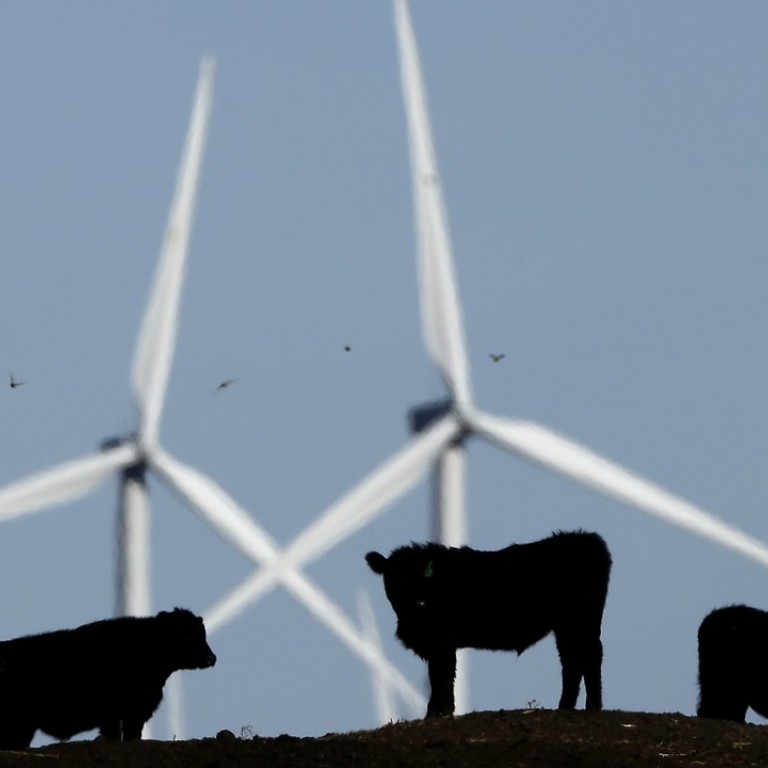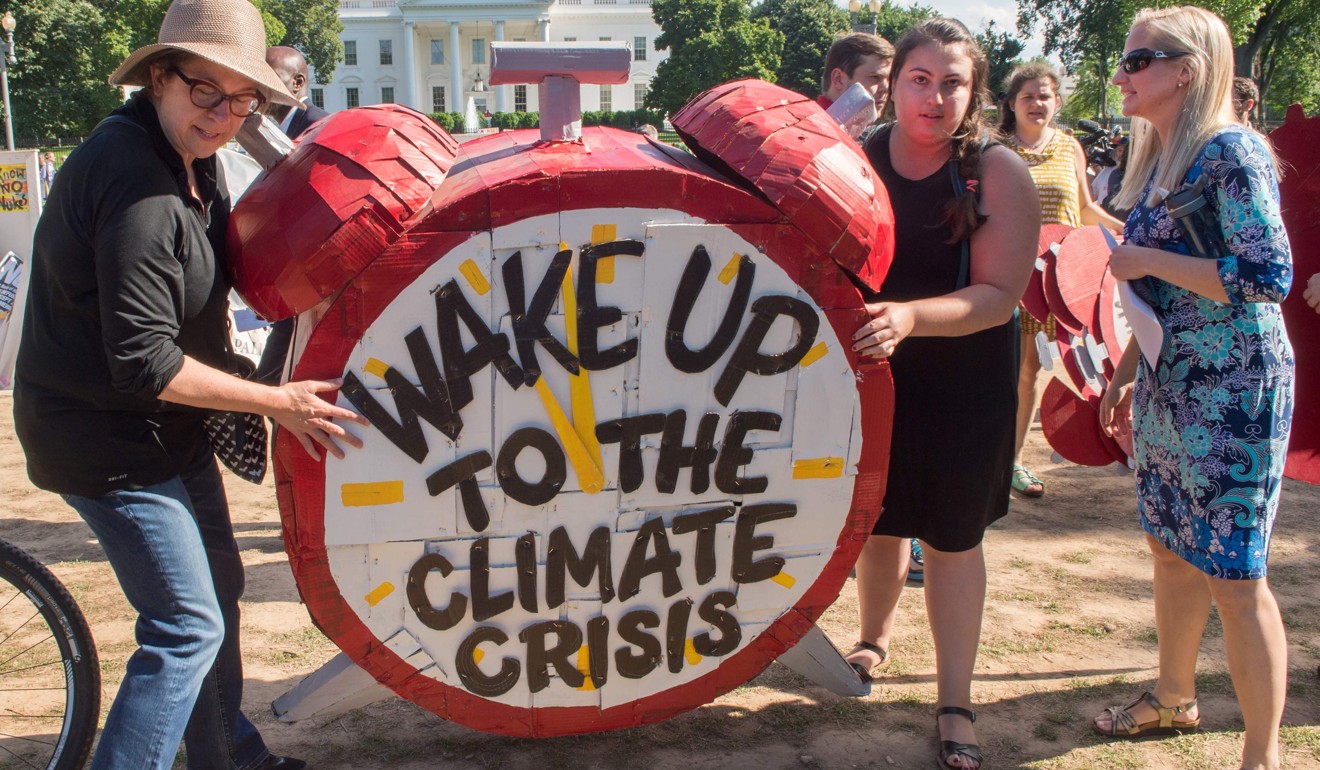
US withdrawal will not mean the death of the Paris climate accord
Andrew Hammond says the 2015 agreement is designed to have a flexible, decentralised framework, which may yet see it offer a firm foundation for climate action that leads to sustainable global development
Yet, Paris is a flexible, resilient agreement that could potentially withstand Trump’s short-sightedness. The reason for this is not just that the deal retains significant support across the world, including much of the Americas, China and the EU. The landmark agreement also boasts an intentionally flexible, “bottom-up” approach – compared to the previous Kyoto Protocol – and this greater decentralisation and suppleness means that US withdrawal will not necessarily be fatal.
How China overtook the US in leading the battle against climate change
The wisdom of this flexible architecture is obvious and represents a breakthrough from the more rigid “top-down” Kyoto climate framework. While Kyoto worked in 1997 for the 37 developed countries and the EU states that signed it, a different approach was needed for the more complex Paris deal in 2015. This one involved more than 170 diverse developing and developed states, which agreed to reduce global carbon dioxide emissions by 80 per cent by 2050.
Trump’s decision is not wholly surprising, given his previous assertion that “the concept of global warming was created by and for the Chinese in order to make US manufacturing non-competitive”. He also received a letter from more than 20 Republican senators urging him to quit the 2015 agreement.

Why climate change is very real, despite what Donald Trump says
Trump’s decision-making on Paris has been closely watched internationally, given the head of steam currently behind the deal. There is significant concern that now that the US – the world’s second largest greenhouse gas polluter – is withdrawing, this will undermine the agreement.
While the US departure from Paris will be a body blow for international efforts to tackle climate change, it by no means sounds a death knell
Yet, while US departure from Paris will be a body blow for international efforts to tackle climate change, it by no means sounds a death knell for the deal. Under the agreement’s flexible, “bottom-up” design, countries develop bespoke plans to realise emissions targets with national and sub-national governments working in partnership with business. So while Paris created a global architecture for tackling global warming, it recognises that diverse, often decentralised policies are required by different types of economies to meet climate commitments.
That this approach makes sense is reflected in the diversity of climate measures that countries, pre-Paris, had started to make in response to global warming. This was illustrated in a major report by the Grantham Institute at the London School of Economics, which focused on 98 countries plus the EU, together accounting for 93 per cent of global greenhouse gas emissions. The report revealed there are more than 800 climate-change laws and policies in place across the world, from 54 in 1997, with 46 of them passed in the previous 12 months alone. This highlights that domestic measures to address global warming are being approved at an increasing rate.
China and EU agree to endorse trade and Paris climate deal in rejecting Trump’s policies
Some 45 countries, including the EU as a bloc, have economy-wide targets to reduce their emissions. Together, they account for over 75 per cent of global emissions.
Collectively, what this underlines is that the best way to tackle climate change is a decentralised approach, with nations meeting their target commitments in innovative and effective ways that builds on this momentum.
Even with Trump now pulling the US out of the deal, Paris could therefore still provide a resilient, flexible framework for climate action that potentially becomes a key foundation stone of sustainable development for billions across the world.
Andrew Hammond is an Associate at LSE IDEAS at the London School of Economics

